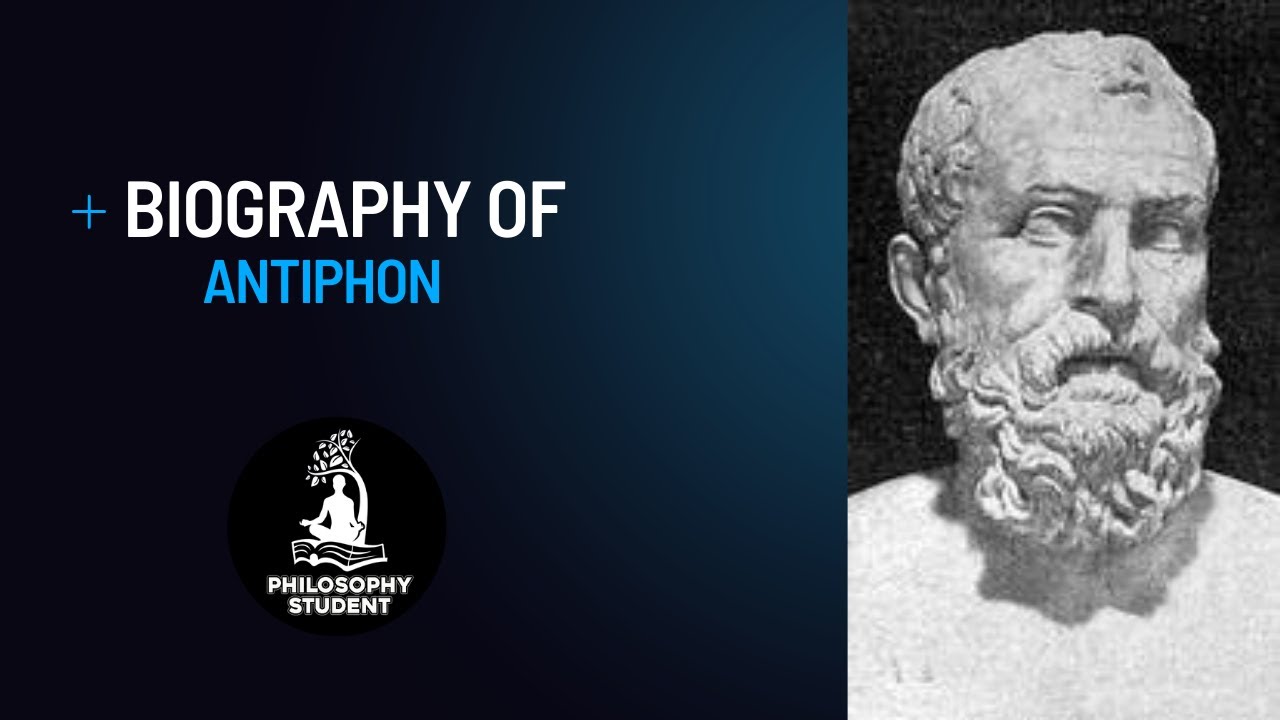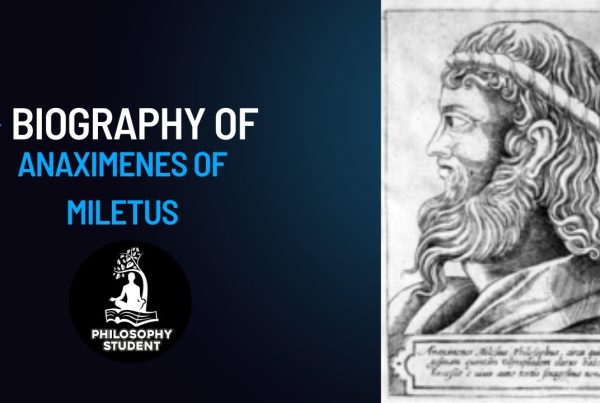Known as Antiphon the Sophist and associated with a collection of Sophistic writings, this philosopher was probably active in Athens at the end of the fifth century BC. Nothing specific is known of his life though there is a long-standing controversy over whether Antiphon the Sophist was the same person as Antiphon of Rhamnus, an Attic orator.
The fragmentary On Truth is the most important work attributed to Antiphon the Sophist. It is a work of political philosophy, which adumbrates a theory of natural rights. The most intriguing concept is the idea that nature requires liberty. All forms of repression, Antiphon argues, are painful, and nature abhors pain. Many institutional conceptions of justice are at their core repressive and, therefore, unnatural. Some regard Antiphon as the philosophical ancestor of John Locke and his conception of natural rights.
Antiphon was not only a political philosopher but also a mathematician and was, with Bryson of Heraclea, among the first who provided an upper and lower bound for pi using geometry.




































